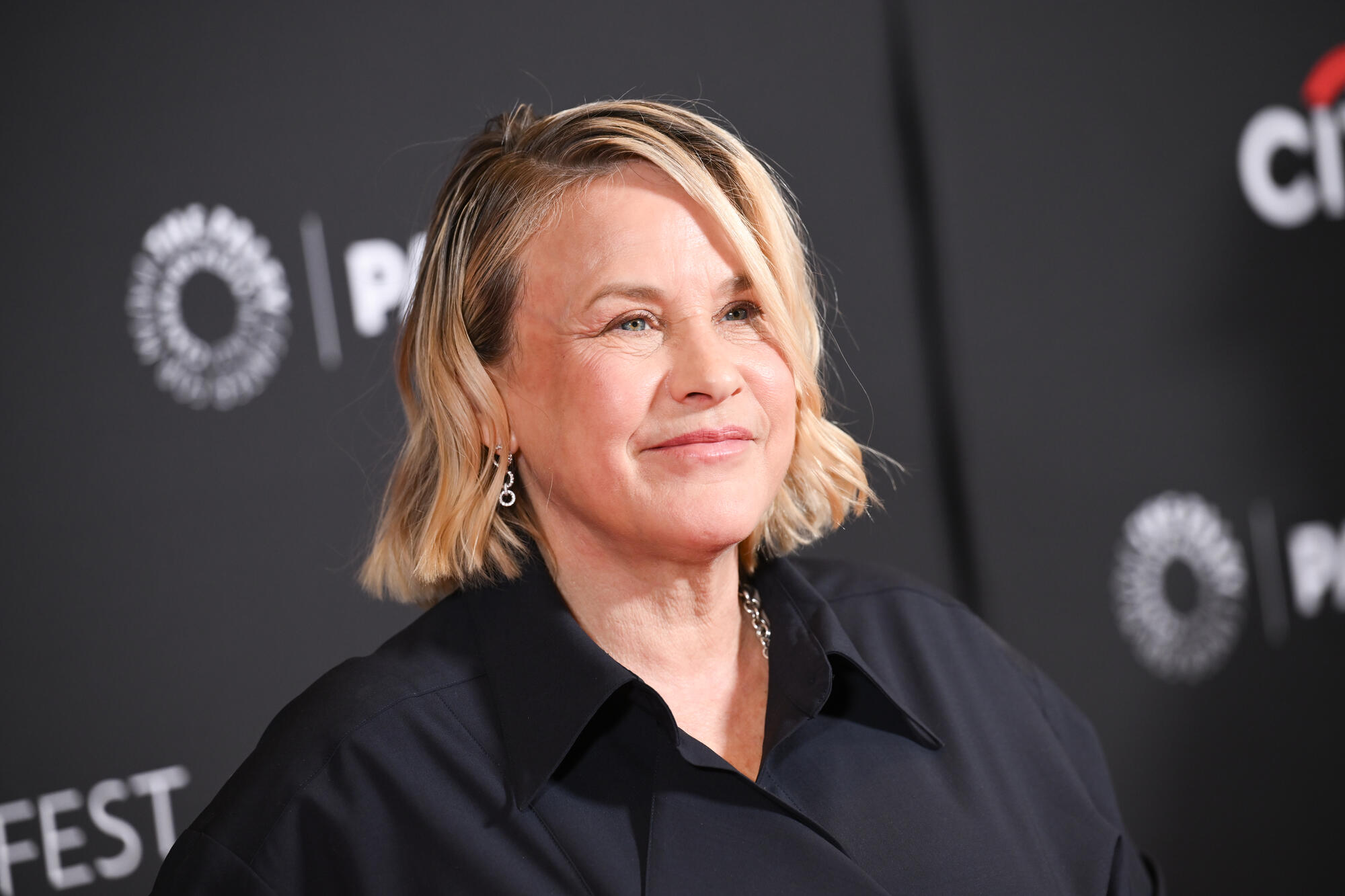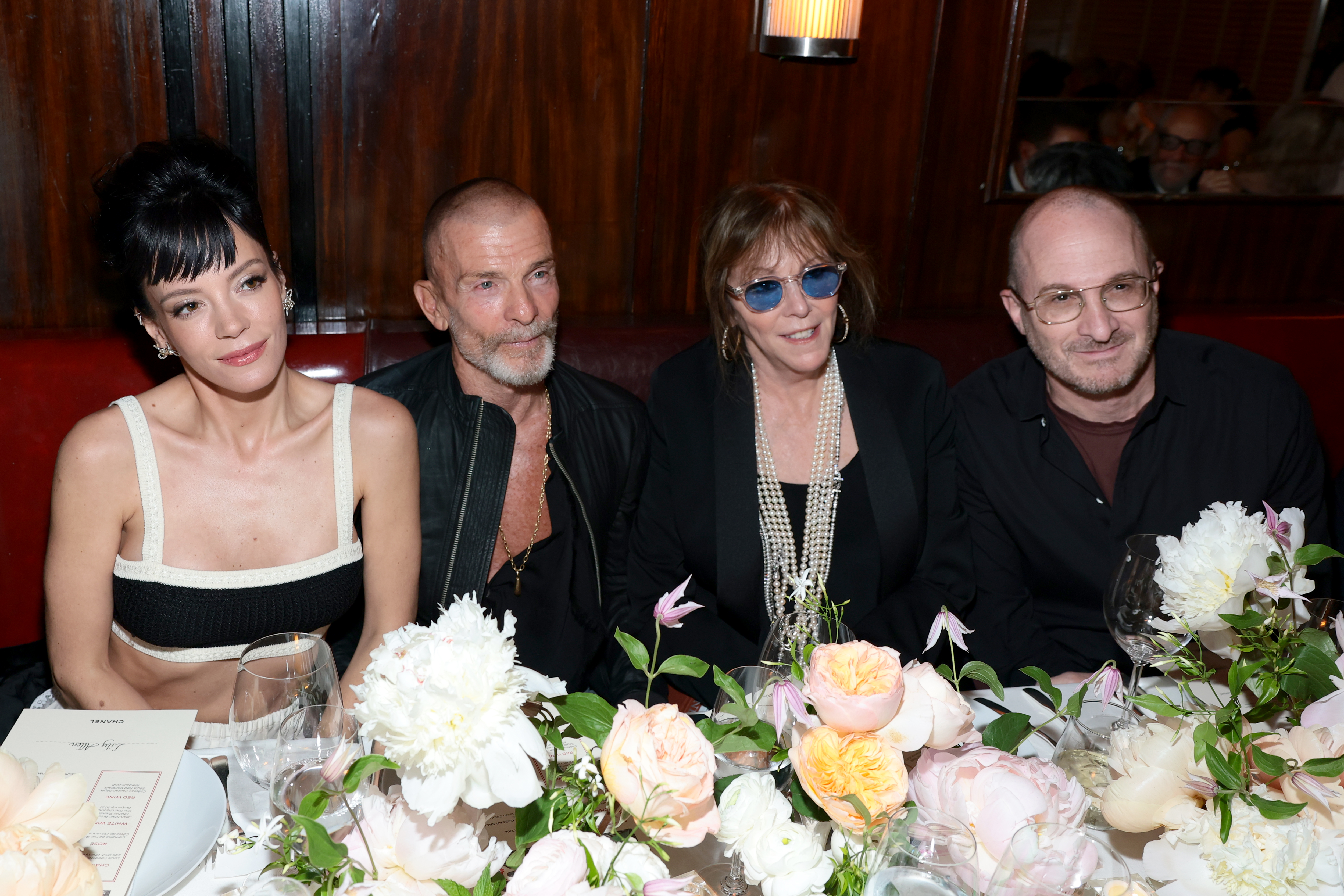The Walt Disney Co. and NBCUniversal have filed a joint lawsuit against AI company Midjourney citing alleged copyright violations. Midjourney is an image-generating service that, according to the suit, could “function as a virtual vending machine” to replicate copyrighted characters. This is the first major legal action studios have taken against an AI company. Both studios are seeking an undisclosed amount of maximum statutory damages.
The legal filing is here.
“By helping itself to Plaintiffs’ copyrighted works, and then distributing images (and soon videos) that blatantly incorporate and copy Disney’s and Universal’s famous characters — without investing a penny in their creation — Midjourney is the quintessential copyright free-rider and a bottomless pit of plagiarism,” the lawsuit, which was filed in the U.S. District Court in Los Angeles, states. “Piracy is piracy, and whether an infringing image or video is made with AI or another technology does not make it any less infringing.”
One example of possible copyright infringement included in the lawsuit involves Disney’s “Star Wars” properties. Per the filing, if a Midjourney user asks the service to create an image of Darth Vader in a scene, “Midjourney obliges by generating and displaying a high quality, downloadable image featuring Disney’s copyrighted Darth Vader character.” And since Midjourney is about to launch a new video service feature, the company could start making videos with these copyrighted characters, or, as the suit states, “Midjourney is very likely already infringing Plaintiffs’ copyrighted works.”
Both Walt Disney Co. and NBCUniversal claim that Midjourney is opting not to implement protective measures to prevent users from generating copyright-infringing images. Allegedly, the studios asked Midjourney to take action but the company instead opted to “continue to release new versions of its Image Service, which, according to Midjourney’s founder and CEO, have even higher quality infringing images.”
Horacio Gutierrez, the senior executive vice president and chief legal and compliance officer for Disney, said in a statement, “Our world-class IP is built on decades of financial investment, creativity and innovation—investments only made possible by the incentives embodied in copyright law that give creators the exclusive right to profit from their works. We are bullish on the promise of AI technology and optimistic about how it can be used responsibly as a tool to further human creativity. But piracy is piracy, and the fact that it’s done by an AI company does not make it any less infringing.”
Kim Harris, the executive vice president and general counsel of NBCU, added, “Creativity is the cornerstone of our business. We are bringing this action today to protect the hard work of all the artists whose work entertains and inspires us and the significant investment we make in our content. Theft is theft regardless of the technology used, and this action involves blatant infringement of our copyrights.”
The Motion Picture Association has not changed its preexisting law against copyrighting and piracy since the rise of AI. In 2023, legal representatives for the MPA said that “at present, there is no reason to conclude that these existing doctrines and principles will be inadequate to provide courts and the Copyright Office with the tools they need to answer AI-related questions as and when they arise. At the current time, however, there is no need for legislation or special rules to apply copyright law in the context of AI.”
The MPA Copyright Office did not find distinguishing differences between generative AI such as Midjourney and the use of post-production AI tools, much of which were used in the recent 2024 Oscar nominees such as “The Brutalist” and “A Complete Unknown.”



